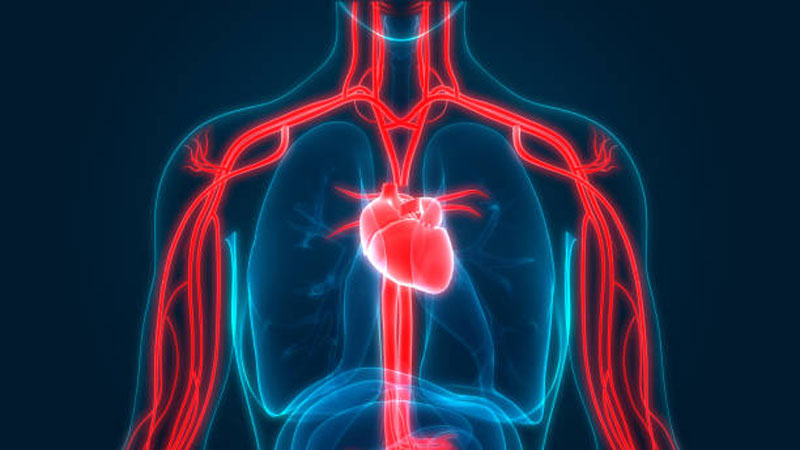
The Importance of Vein Health
You know you have veins – but do you know what they do for you? (Hint: They’re a lot more important than most people realize.)
“Veins are blood vessels that have the crucial job of returning de-oxygenated blood back to your heart and lungs, where blood can absorb more oxygen and nutrients,” Vein911.com explains. “Any cells in your extremities, like your lower legs, that are deprived of sufficient blood oxygen/nutrients will function poorly and eventually die.”
Veins can be compromised in any number of ways. Some issues are isolated and minor, while others are chronic and serious. Left untreated, varicose veins fall into this latter category.
“Varicose veins can develop when small valves in the veins become weak,” Bethany Cadman writes for MedicalNewsToday. “These valves usually stop blood flowing backward through the veins, and when they are damaged blood can pool in the veins. This causes twisted and swollen veins that also become very visible.”
Roughly 20 percent of adults will experience varicose veins at some point in their life and there are several treatment options available. In terms of treating varicose veins on your own, exercise and compression stockings can help. However, the best home remedy is a change in diet and nutrition.
5 Diet and Nutrition Tips for Varicose Veins
There are certain vitamins and nutrients that help keep veins and arteries strong and elastic. There are also certain foods that cause inflammation and promote swelling. Adding the right foods to your diet – and removing the wrong ones – could completely change your vein health for the better. Here are a few suggestions:
1. Consume Fewer Calories
You’re far more likely to have varicose veins if you’re obese or overweight. Thus, if you want to lower your risk of developing additional varicose veins, you should lower your overall caloric intake. The key is to remove empty calories and focus on dense foods that fill you up and provide nutrition.
2. Add Some Color to Your Diet
Bioflavonoids play a significant role in reducing varicose veins. They’re filled to the brim with antioxidants and anti-inflammatory qualities that reduce swelling and strengthen the connective tissues (collagen) within the veins.
The simplest way to get more bioflavonoids is to add color to your plate. This includes fruits, veggies, and fresh ingredients like bell peppers, strawberries, citrus fruits, garlic, spinach, broccoli, Brussel sprouts, mangoes, and papaya.
3. Cut Back on Salt
Salty foods increase water retention within your body. This puts extra pressure on varicose veins and can make them more visible and uncomfortable. One of the best suggestions is to lower sodium intake (which means cutting back on processed foods like pizza, hot dogs, and canned fruits and veggies).
4. Increase Fiber Intake
Constipation is bad for a number of reasons. One negative is that it puts veins under pressure – particularly in the lower legs where varicose veins are most likely to develop. Try avoiding salty foods, alcohol, and other items that promote constipation – such as cheese, milk, starches, red meat, and bananas. You should also aim to increase your fiber intake as a way of increasing regularity in your digestive tract.
5. Stay Hydrated
Proper hydration is extremely important in terms of promoting proper circulation within your body. When combined with an adequate intake of fiber, water reduces bloating, prevents constipation, and eliminates excess pressure on the veins. Make it a point to increase your water intake throughout the day. The basic rule of thumb is eight glasses of water per day – but aim for more whenever possible.
Don’t Delay in Treating Varicose Veins
You don’t want to wait or put off treating your varicose veins. They will not get better on their own. In addition to improving your diet and nutrition, consider speaking with a varicose Vein doctor who can talk you through additional options – such as vein treatment and laser therapy.
Comments
comments